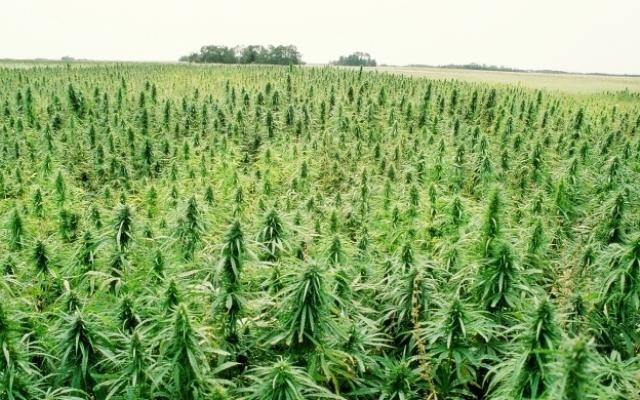
The more we learn about hemp the quicker we can get things to where they should have been all along.
Hemp is one of the most desirable, industrial plants on the planet. From its tensile strength, to its hardiness, the plant can grow almost anywhere and requires half the water that wheat would require. Its seeds are an incredibly healthy food and the herb, itself, is used as one of the greatest medicines on the planet.
Before the media-manipulated hemp prohibition of 1937, 30% of Americans were farming and US hemp was among the best in the world. It was a hugely popular export and the backbone of much of the agricultural economy of the time. 80 years of ignorance has left the plant on the Schedule 1 narcotic drug list, pretending as if it is more dangerous than crystal meth and cocaine (both schedule 2 drugs). Regardless, since entering the age of information, knowledge of the plant and the willingness of farmers to grow it has skyrocketed.
Canada, a front-runner in the legalization effort, is already raking in $1 billion a year on the production and sale of hemp. Many are seeing that it is the key to the revitalization of the agricultural economy and have followed suit. In 2014, Barack Obama signed the farm bill that legalized the use of industrial hemp for research purposes.
Rick Trojan, founder of Colorado-based Hemp Road Trip, has been hard at work petitioning the US government to pass the Industrial Hemp Farming Act of 2015, which would make it legal to grow hemp for use in manufacturing a variety of products. “Hemp, as a rotational crop, leaves the ground better than it found it,” Trojan told KSNT.com in Kansas. “It is also a great alternative for farmers.”
Recent moves to reinvigorate the hemp industry has given farmers hope for a new cash crop and inspired others to begin farming. It’s an easy plant to handle and the demand is soaring.
For now, the importation of seeds must take precedence, as the supply was depleted over the 8 decades of prohibition.
No comments:
Post a Comment